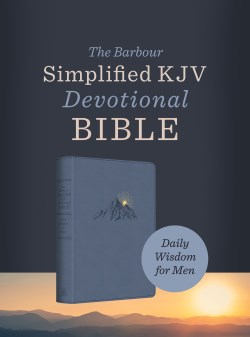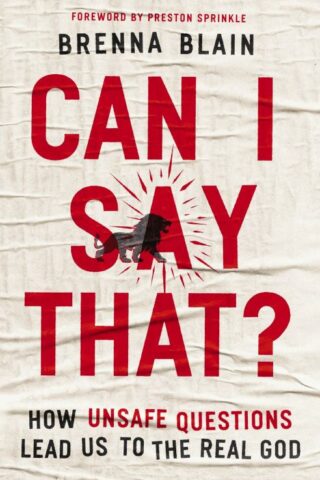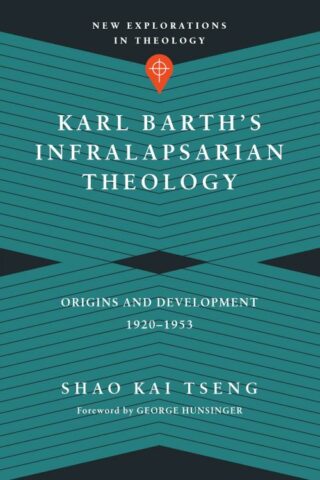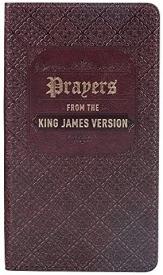Shao Kai Tseng
Showing the single result
-
Karl Barths Infralapsarian Theology
$40.99Foreword By George Hunsinger
Acknowledgments
Abbreviations
IntroductionPart I: Reappraising Barth’s Lapsarian Position
1. Supra- And Infralapsarianism In The Seventeenth Century: Some Definitions
2. Church Dogmatics 33: Barth’s Lapsarian Position ReassessedPart II: Barth’s Lapsarian Position In Development, 1920-1953
3.Romerbrief II (1920-1921): Lapsarianism In The “Impossible Possibility” Dialectic
4. The Gottingen-Munster Period (1921-1930): Christology And Predestination In The Subject-Object Dialectic
5. The Bonn Years (1930-1935): Human Talk And Divine Word-New Developments?
6. Gottes Gnadenwahl (1936): Infralapsarian Aspects Of Barth’s Christocentric Doctrine Of Election
7. CD II/2 (1939-1942): Christ As Electing God And Elected Human-Lapsarianism “Purified”
8. CD IV/1 (1951-1953): Adamic History And History Of Christ-Infralapsarian Tendencies In Barth’s Doctrine Of SinConclusion
Bibliography
Author Index
Subject IndexAdditional Info
Theologians have long assumed that Karl Barth’s doctrine of election is supralapsarian. Challenging decades of scholarship, Shao Kai Tseng argues that despite Barth’s stated favor of supralapsarianism, his mature lapsarian theology is complex and dialectical, critically reappropriating both supra- and infralapsarian patterns of thinking. Barth can be described as basically infralapsarian because he sees the object of election as fallen humankind and understands the incarnation as God’s act of taking on human nature in its condition of fallenness. Tseng shows that most of Barth’s Reformed critics have not understood his doctrine of election accurately enough to recognize his affinity to infralapsarianism and, conversely, that most Barthians have not understood Reformed-orthodox formulations of election with sufficient accuracy in their disagreement with the tradition. Karl Barth’s Infralapsarian Theology offers a clear understanding of both the historic Lapsarian Controversy and Barth’s distinct form of lapsarianism, providing a charitable dialogue partner to aid mutual understanding between Barth and evangelicals.Add to cartin stock within 3-5 days of online purchase











